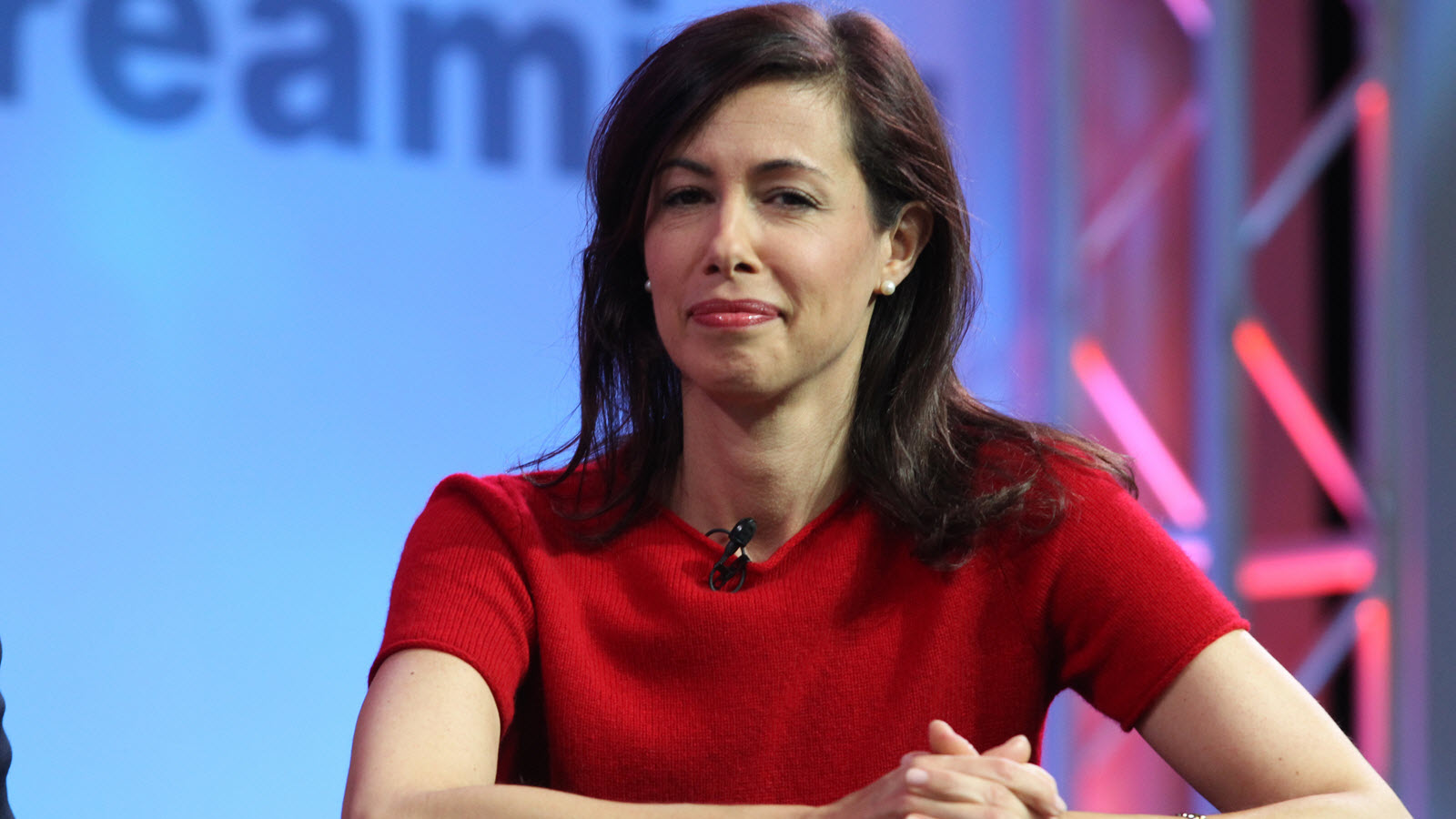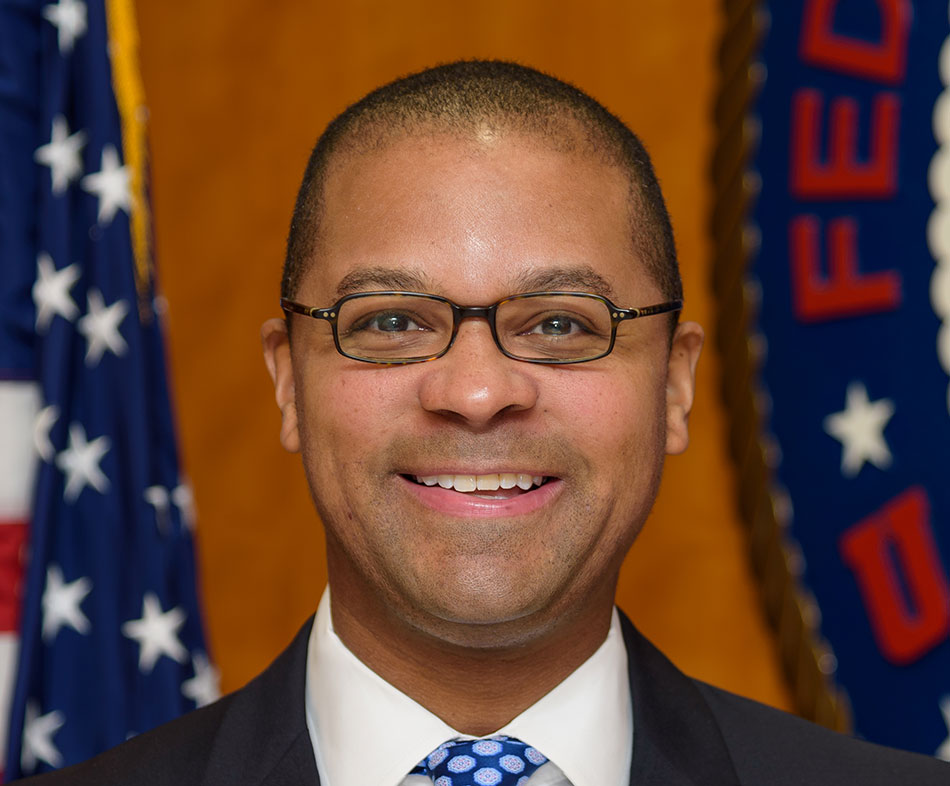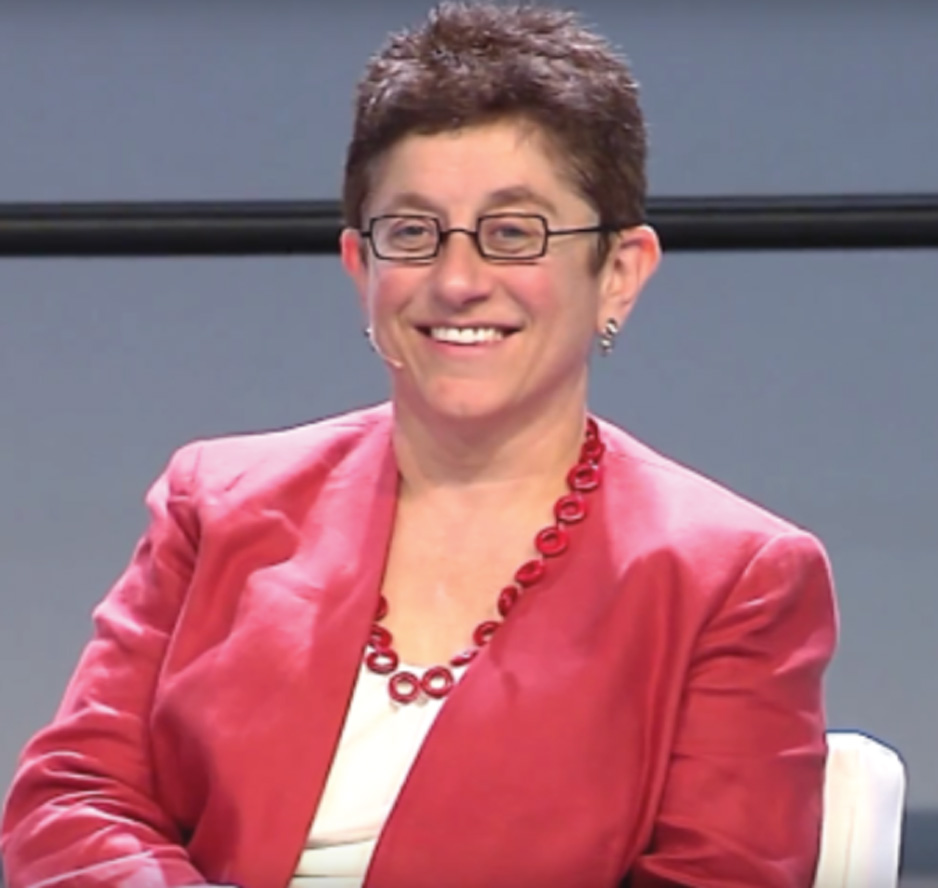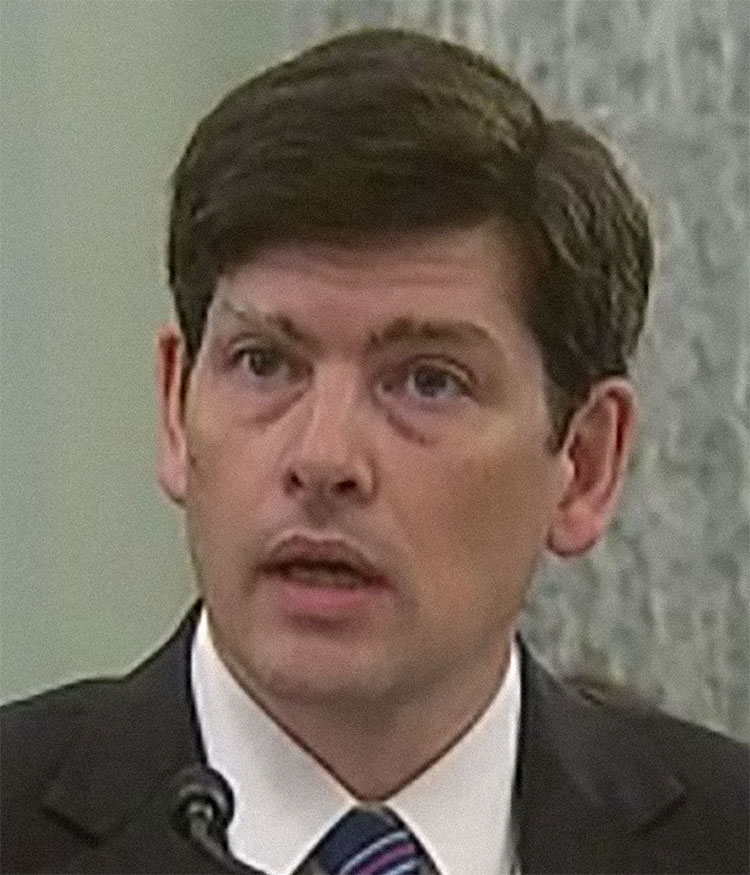Permanent FCC Chair Remains a Big X Factor for Biden
Six months in and with much on the agency's plate, a Democratic majority has yet to materialize

The smarter way to stay on top of the multichannel video marketplace. Sign up below.
You are now subscribed
Your newsletter sign-up was successful
The head-scratching inside the Beltway continues as the wait for a fifth Democratic Federal Communications Commission member — and for whoever is to be named the agency’s permanent chair — continues.
Initial delays were thought to involve a decision between acting chair Jessica Rosenworcel and current commissioner Geoffrey Starks. Starks had the backing of the Congressional Black Caucus, whose leading figure, Rep. James Clyburn (D-S.C.) helped elect President Joe Biden with his key endorsement in South Carolina’s Democratic primary. (Clyburn is the father of Rosenworcel's predecessor as acting FCC chair, Mignon Clyburn.)

But the name of broadband backer and one-time Public Knowledge head Gigi Sohn has surfaced as a new possible alternative — and one for whom the buzz had been growing — particularly given Biden's decision to name progressive Lina Khan as chair of the Federal Trade Commission, over the more-centrist acting chair Rebecca Kelly Slaughter.
Just as Khan‘s appointment was taken as a sign Biden had chosen a get-tough policy on Big Tech, Sohn's could be viewed as a sign Biden was going to get tough on internet service providers in the effort to achieve universal broadband under a definition that includes high speeds and low prices in the definition of broadband availability.

Adding fuel to the theory that Biden is going more progressive with some of these picks, the president on Tuesday (July 20) named Google critic Jonathan Kanter as chief of the Justice Department's antitrust division. The DOJ and the FTC divvy up antitrust merger reviews, with Justice usually taking the media mergers.
Former FCC chairman Tom Wheeler, whose argument that closing the digital divide is the rural electrification issue of this century, is said to continue to have influence on Biden communications policy, and Sohn was his top adviser and broadband acolyte.
One former top FCC official was looking for some kind of movement on a chair this week or next, following the president's executive order urging the FCC to do a number of things it will almost certainly take a Democratic majority to do. “You‘d think [Biden] has to do something,” the official said.
The smarter way to stay on top of the multichannel video marketplace. Sign up below.
Rosenworcel still has strong Capitol Hill backing, and one top Republican source said that, political differences notwithstanding, she was “terrific.” But Slaughter had the backing of Senate Majority Leader Chuck Schumer (D-N.Y.), and Khan still got the nod.
More than one FCC observer agreed that at this rate, a chairperson won't be installed until the fall. There is also the matter of the third Democratic commissioner to nominate, vet and vote on. If Biden picks that third commissioner, whether Sohn, Starks or someone else besides Rosenworcel, the acting chair might leave. Her term is already over and she must depart by the end of the year were she not to be renominated, though she would likely stay until a replacement was chosen so the commission would not fall back into a 2-2 tie.
In any event, things on the likely Democratic to-do list — like new net-neutrality rules or broadcast or cable reregulation — will have to wait until the chair/third Democratic commissioner situation shakes out.
Simington Could Be a Swing Vote
While the hot-button items are off the table for the moment, Rosenworcel has been able to move a number of items with 4-0 votes and there could be even higher-hanging fruit, given the bipartisan signals from the newest Republican member.
Commissioner Nathan Simington is a conservative but still something of an X factor himself. He is a policy wonk, agrees someone who has worked with him, and has not displayed quite as prominent a political stripe as his fellow Republican commissioner Brendan Carr. In fact, Simington was invited to and attended President Biden's signing ceremony for the executive order on competition.

With the FCC currently at a 2-2 political tie, courting Simington could be key to getting things done if Biden is not yet ready to name a permanent chair or pick a third Democrat.
The president‘s order includes urging the banning of early termination fees and mandating cost disclosures and encouraging the FCC and Federal Trade Commission to take a host of actions (the president cannot mandate action from those independent agencies). The White House is also encouraging the FCC to restore net-neutrality rules.
Simington is no advocate for network neutrality rules, but following the signing ceremony, he praised what he called Biden’s “vociferous commitment to capitalism and competition in service of consumer welfare and innovation,” and said he was confident the executive order, which drew lots of pushback from USTelecom and NCTA-The Internet & Television Association would be “thoughtfully implemented with due consideration of costs, risks and harms balanced against vital consumer interests.”
Carr, by contrast, said the order had missed the mark and was on the wrong path when it came to broadband competition.
Contributing editor John Eggerton has been an editor and/or writer on media regulation, legislation and policy for over four decades, including covering the FCC, FTC, Congress, the major media trade associations, and the federal courts. In addition to Multichannel News and Broadcasting + Cable, his work has appeared in Radio World, TV Technology, TV Fax, This Week in Consumer Electronics, Variety and the Encyclopedia Britannica.

